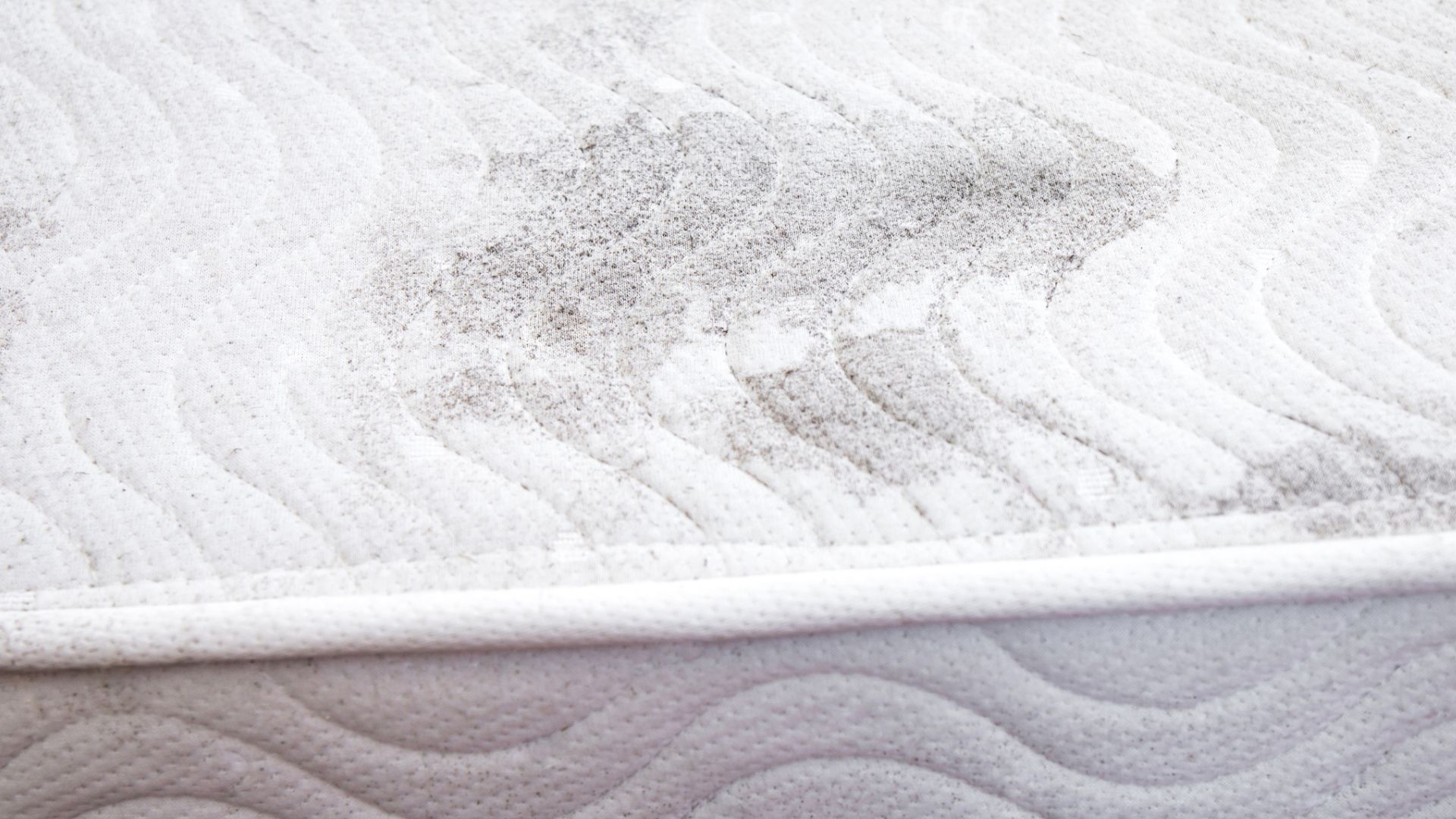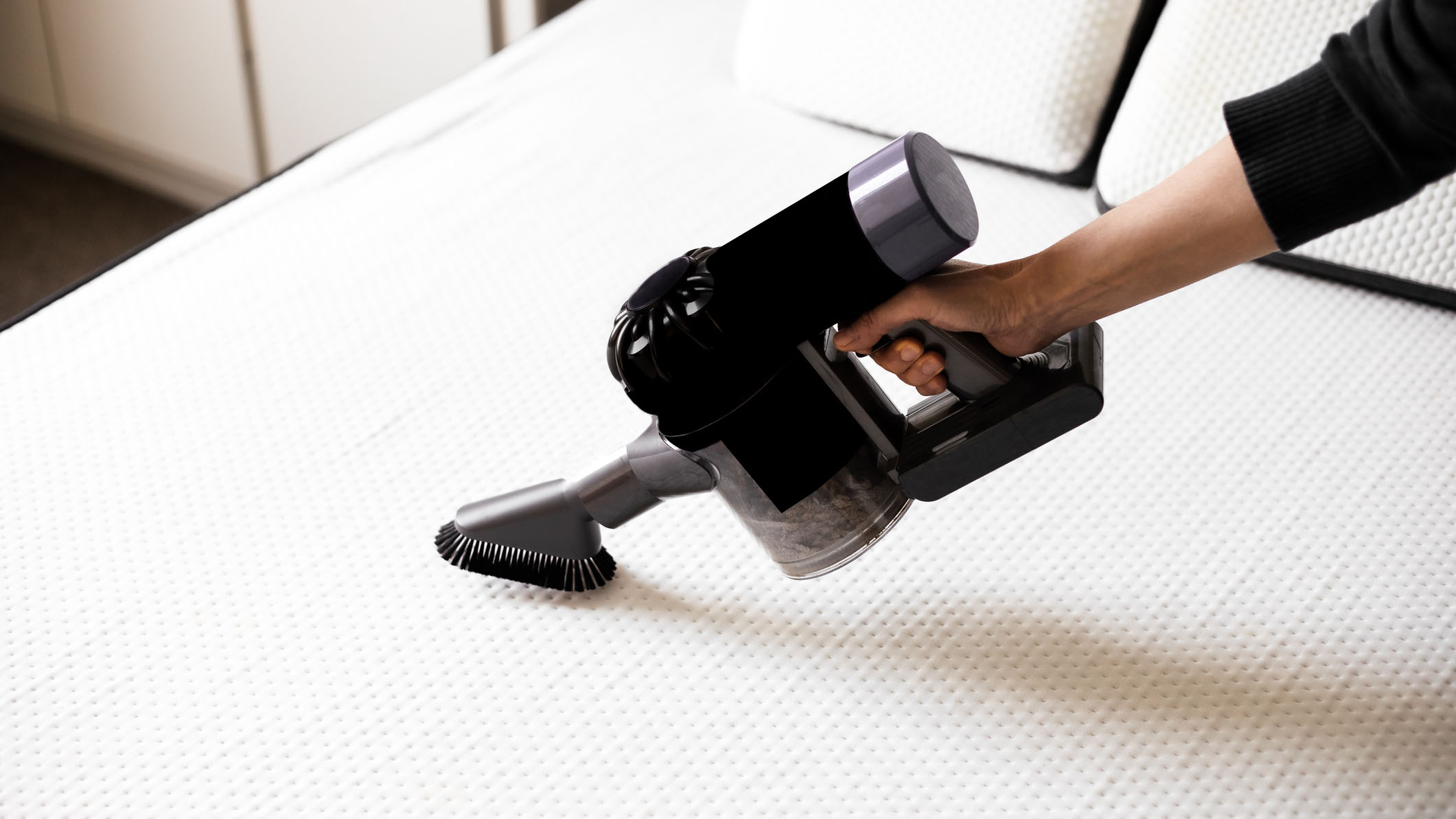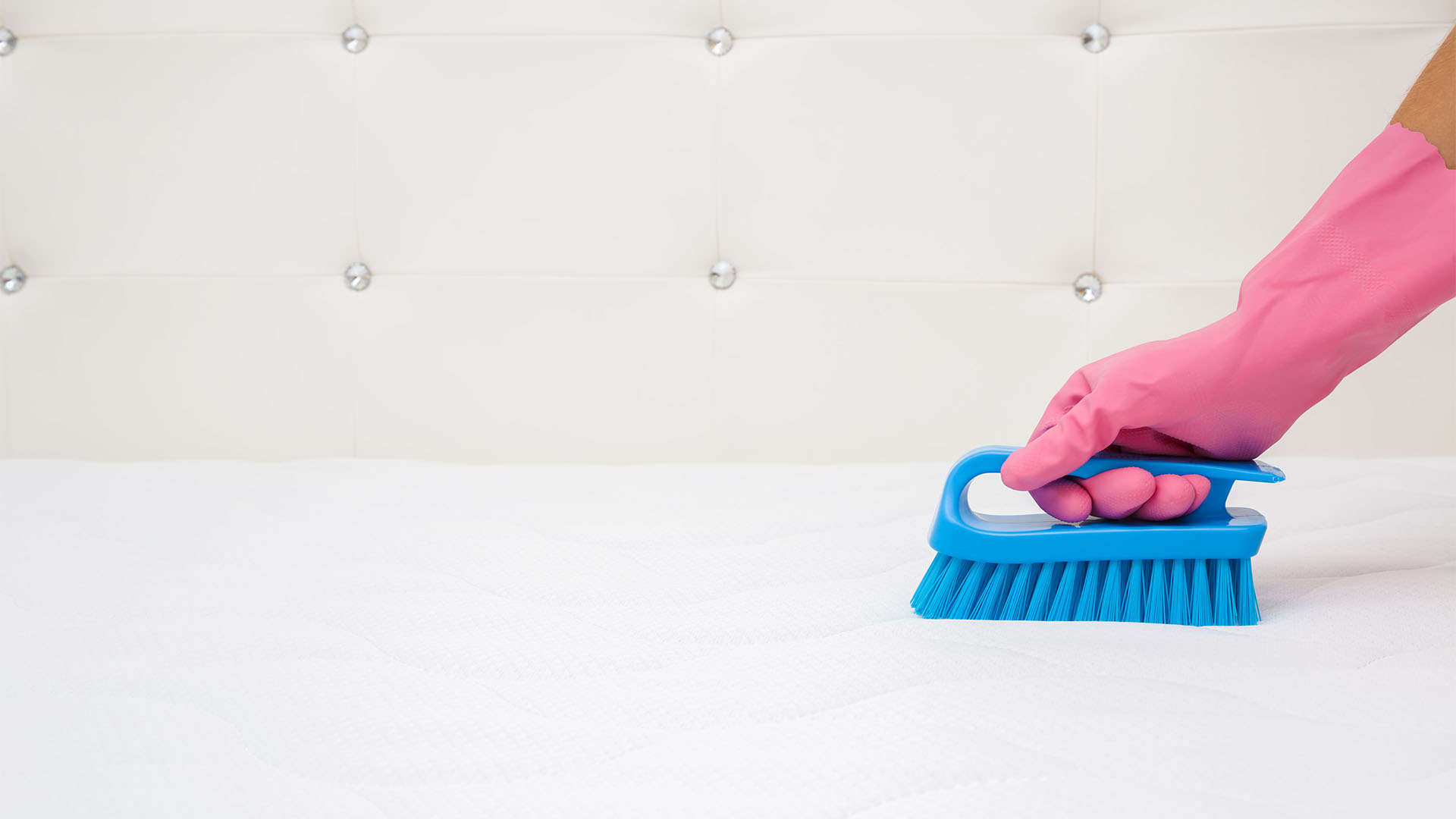3 crucial reasons why your mattress needs to breathe — especially in winter
From preventing mold to reducing allergens, airing your mattress is crucial

Have you ever wondered whether your mattress needs a breath of fresh air? Well, you’re not alone. We all know how significant having a good mattress is for our quality of sleep, but if you want to keep your mattress staying comfortable and supportive for years to come, you have to learn how to take care of it.
Even our picks for this year's best mattress guide for all sleepers need regular maintenance to help prevent the growth of mattress mold and keep your sleep sanctuary fresh and clean. From combating moisture buildup to eliminating odors, letting your mattress breathe is the key to a healthier, more comfortable sleep environment.
Letting your mattress breathe refers to the process of allowing air to circulate freely around and through your mattress. The goal is to expose your mattress to fresh air which can help to get rid of excess moisture, unpleasant smells and potential allergens. We're exploring why this process is crucial for your sleep and health and how to do it.
Do mattresses need to breathe?
In a word yes. All mattresses can benefit from an occasional airing but some types of mattresses require it more often. Making a conscious effort to incorporate it into your regular mattress maintenance routine can help extend the lifespan of your mattress.
Mattresses that are placed on the floor or on solid base such as divan base are more likely to experience moisture buildup and mold growth due to having constant contact with a solid surface. Memory foam mattresses are also another type of mattress that needs regular airing to avoid moisture accumulating.
Innerspring and the best hybrid mattresses are a little different as they have more of an open structure that allows air to freely circulate but all mattresses can accumulate moisture, dust, dirt and allergens over time, making regular airing sessions essential for maintaining a healthy sleep environment.
3 reasons to let your mattress breathe
1. Prevent mattress mold
One of the main reasons for letting your mattress breathe is to prevent your mattress falling foul of mattress mold. Mattresses are the ideal environment for mold to grow since they can trap moisture from sweat, spills, accidents or high humidity in your bedroom.
Sign up to get the BEST of Tom's Guide direct to your inbox.
Get instant access to breaking news, the hottest reviews, great deals and helpful tips.
Mattress mold doesn’t just cause an unpleasant odor but it can also pose some serious risks to your health, especially for those who suffer from respiratory issues or allergies.
And it’s not just your health that will suffer, if you don’t know how to spot signs of mattress mold and deal with it quickly, you may even need to replace your mattress sooner, rather than later. By including regular mattress airing to your cleaning routine, you can significantly reduce the risk of mold growth.

2. Help your new mattress off gas
If you’ve ever bought even the best mattress-in-box then you’ll know that chemical smell that fills a room when you release them from their vacuum-packed wrapping.
That smell is known as off-gassing and occurs when the volatile organic compounds (VOCs) used in the manufacturing process are released into the air. Whilst these odors are not harmful, they aren’t pleasant to be breathing in and some people may find the smell makes them feel a little sick.
However, by letting your mattress breathe you can speed up the off-gassing process and prevent the smells from getting trapped within your bedding.
3. Keep your mattress fresh and clean

There is nothing nicer than getting into a fresh, clean mattress at the end of the day. But over time mattresses accumulate dirt, dust, debris and other allergens from sweat, dead skin cells and other bodily fluids.
This build up can then lead to yellow stains on your mattress, unpleasant odors and potentially unhygienic sleeping conditions. However, a really easy to way to keep your mattress feeling fresh is to let it breathe at least every 3-4 months.
This won't only make your bed feel like a nicer sleeping space but also to prevent the long term accumulation of debris and moisture that can eventually lead to your mattress materials degrading overtime.
How to air out your mattress
1. Remove all bedding
Allowing your mattress to breathe doesn’t need to be a big deal. When you change your sheets, which should be at least once a week, completely strip it of all its bedding.
This means sheets, pillowcases, mattress protectors and any other covers. Once you’ve removed all the bedding, just leave them off for a couple of hours and allow the air to directly reach the mattress surface.
If you can, after an hour or two, go and turn your mattress so the base of the mattress also gets a good airing. You can also increase the effectiveness of airing your mattress this way by opening up all the windows and letting fresh air flood your room, even if it’s cold outside, this will make a huge difference to how fresh and clean your bed and your bedroom will feel.
2. Vacuum your mattress

Once you’ve stripped your bedding, vacuum your mattress surface throughly. There are so many benefits of vacuuming your mattress regularly and this will help the airing process as you’ll be dislodging any dirt or debris that has accumulated on the bed.
Make sure you use the upholstery attachment so that you don’t cause any damage to the fabric on your mattress and pay special attention to the seams, tufts and corners where dust and debris may be hiding.
For a deeper clean you can sprinkle a layer of baking soda on the mattress and leave it for several hours before vacuuming again. The baking soda will work to eliminate any odors and keep it feeling super fresh.
3. Prop your mattress against a wall
If you want to maximise the air circulation around your mattress then prop it up against a wall in a well-ventilated room. Standing your mattress up vertically against a wall will ensure all sides of your mattress get a good airing.
Don’t forget to turn the mattress half way through to ensure all sides get an airing. You may need to get someone to help you with this task as mattresses can be heavy and cumbersome so don't risk causing injury to yourself by moving it on your own. If possible open up the windows and blinds to allow the sunlight to hit your mattress as the UV rays are a natural disinfectant whilst you do this.
It is worth noting that you can leave your mattress standing for a couple of hours, but it’s not a good idea to leave it standing for long periods of times. This is because the weight of the mattress can cause the springs or foam within it to sag and this will then create an uneven support and severely affect your comfort levels. Also standing for long periods of time means that you can put stress on the seams and edges which could cause them to tear or break overtime.
How to care for your mattress
If you want your mattress to stay comfortable and supportive throughout its entire lifespan then it’s important to undertake regular mattress maintenance. And that goes beyond just airing your mattress out.
Looking after your mattress is the key to keeping it comfortable, supportive and keeping your sleeping environment healthy. One of the first things you should do when you purchase a new mattress is invest in one of the best mattress protectors, this will guard your mattress surface against spills, stains and allergens.

Also, make sure that you vacuum your mattress at least once a month and every couple of months embark on a deep clean by spot cleaning any stains you see and using baking soda to deodorize the surface of your mattress.
Of course accidents and spills happen, but if your mattress does get wet, it’s important to clean this up straight away. Blot at any wet areas with a clean, dry cloth or paper towels and keep blotting until it comes back dry. If you do use liquid to clean your mattress, always allow your mattress to dry out fully before you re-add your bedding and sleep on it to avoid mold and mildew from growing.
Whilst it may feel like a chore to add your mattress to your cleaning routine, by taking care of your bed you’ll sleep much better and you’ll also get the most out of the lifespan of your mattress.

Rachael is a freelance journalist based in South Wales who writes about lifestyle, travel, home and technology. She also reviews a variety of products for various publications including Tom’s Guide, CreativeBloq, IdealHome and Woman&Home. When she’s not writing and reviewing products she can be found walking her Sealyham and West Highland terrier dogs or catching up on some cringe-worthy reality tv.